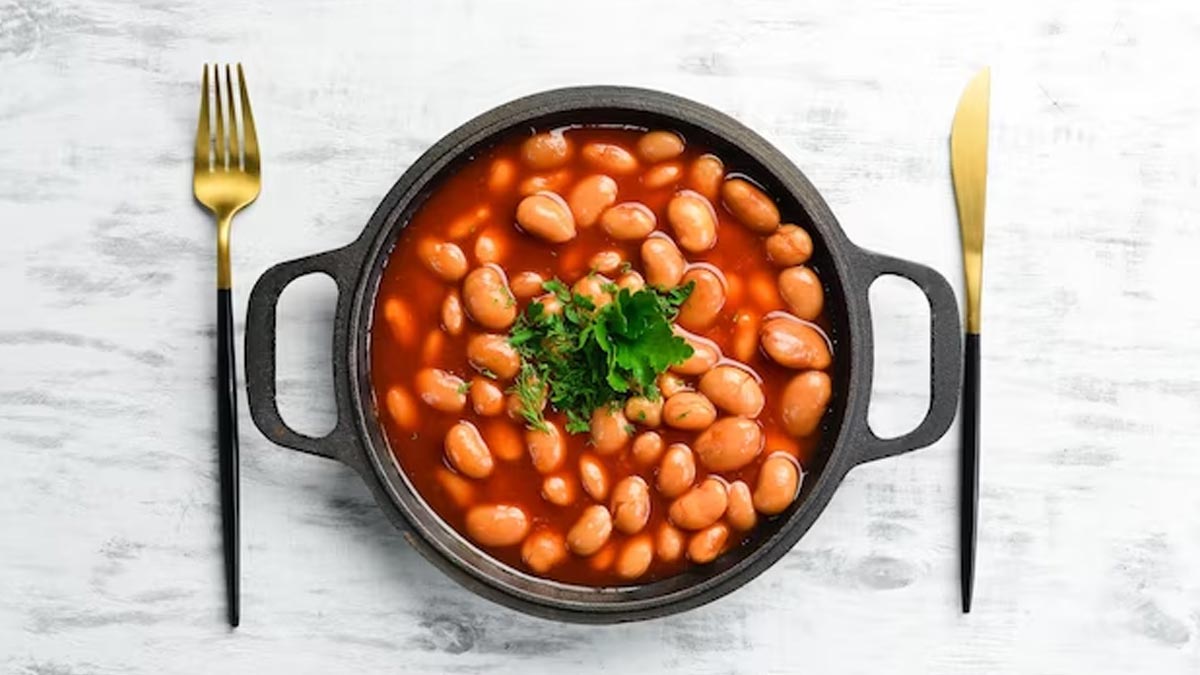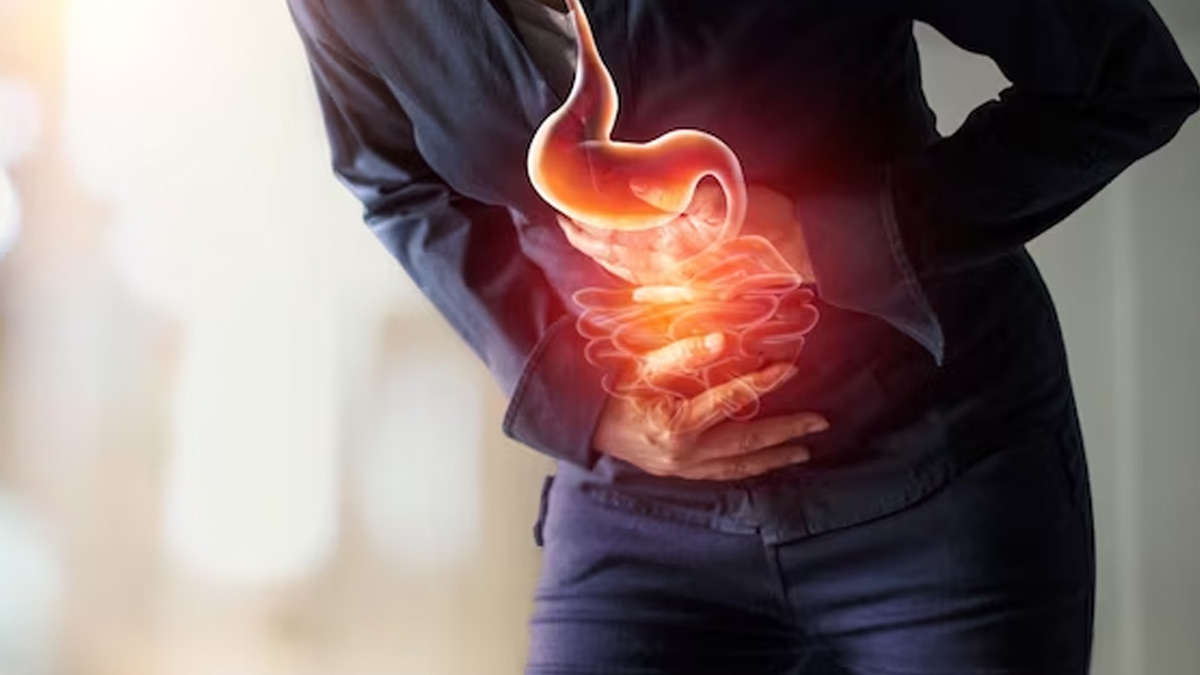
Eating beans offers numerous health benefits due to their nutrient-rich profile. They are an excellent source of plant-based protein, fibre, vitamins, and minerals. Regular consumption of beans can help improve digestive health, manage blood sugar levels, promote heart health, and support weight management. But people suffering from prolonged acidity should avoid these nutritious legumes as it can cause gassy problems and elevate the symptoms. In conversation with the OnlyMyHealth team, Dr Parag Dashatwar, Consultant Gastroenterologist and Hepatologist, Kamineni Hospitals, Hyderabad, explains why.
Table of Content:-
Why Beans Causes Gas And Heartburn

According to a review and meta-analysis published in the Journal Advances in Nutrition, legume consumption has been linked to reduced Cardiovascular Diseases (CVDs), type 2 diabetes, and stroke risk. However, eating beans can be quite tricky as it can trigger gas and heartburn in some people.
Dr Dashatwar says, “Beans can cause gas problems and acidity due to their richness in fibre and complex carbohydrates,” further explaining, “When carbohydrates, such as oligosaccharides, are not easily broken down in the small intestine, they reach the large intestine, where they are fermented by the intestinal bacteria, producing gases like carbon dioxide, methane, and hydrogen.”
“This gas accumulation can cause bloating, flatulence, and discomfort,” he adds.
Also Read: Can Tomatoes Help Reduce Cholesterol Levels? Doctor Answers With Other Ways To Do So
Likewise high fibre content in beans can lead to bloating if one fails to adequately hydrate. The fermentation of fibre also produces gas in the intestine, according to the doctor.
Additionally, beans contain phytic acid, which can inhibit the absorption of certain minerals, like calcium, iron, and zinc. “If these minerals are not absorbed properly, they can contribute to the acidity in the stomach and potentially cause digestive discomfort,” Dr Dashatwar warns.
Moreover, some beans also contain lectins, which are proteins that can interfere with the absorption process, causing inflammation and irritation in the digestive system. This irritation can lead to symptoms like acidity, bloating, and occasional stomach upset.
Do All Types Of Legumes Cause Gas?

While legumes, including beans, lentils, and peas, can generally cause gas problems due to their fibre and complex carbohydrate content, the extent of gas production may vary depending on the individual and the type of legume consumed, the doctor notes.
“Some people may find certain legumes to be more gas-producing than others. For example, larger beans like kidney beans or chickpeas may have a higher potential for gas production compared to smaller legumes like lentils or mung beans,” he adds
A study published in the Nutrition Journal found that people who ate baked beans and pinto beans were more prone to observe increased gassiness than people who ate black-eyed peas.
It is always recommended to listen to your body and observe how different legumes affect you individually. If certain types of legumes consistently cause discomfort or excessive gas, you may choose to minimise or avoid consuming them. Experimenting with different legumes and preparation methods can help you identify which ones are more tolerable for you, the doctor advises.
Also Read: Promoting Nutritious Diet Among Indian Youngsters: Strategies To Follow
How To Consume Beans For Maximum Benefits

Here’s what you can do to consume beans safely and for maximum benefits:
- Soak and rinse dried beans overnight before cooking to reduce the content of oligosaccharides and lectins.
- Gradually increase your intake of beans to allow your digestive system to adjust.
- Use digestive aids like digestive enzymes or probiotics that can help break down complex carbohydrates and reduce gas production.
- Drink plenty of water to support digestion and prevent excessive dehydration caused by high fibre intake.
- Ensure proper cooking of beans to make them more digestible, either by cooking for a longer duration or using a pressure cooker.
You can also try these combinations of foods:
- Combining beans with whole grains like rice, quinoa, or whole wheat bread can create a complete protein source. This pairing helps ensure you receive all the essential amino acids your body needs.
- Season your beans with herbs and spices like cumin, coriander, turmeric, or garlic. These not only enhance the flavour but also provide additional health benefits.
- Create delicious and nutritious salads by adding cooked beans to your favourite vegetables and greens
- Explore different recipes that incorporate beans, such as soups, stews, curries, chilli, or even bean-based burgers and spreads like hummus. This variety will keep your meals exciting and encourage regular consumption of beans.
- While beans are incredibly nutritious, they can also be calorically dense. Pay attention to portion sizes to ensure you are consuming a balanced amount of nutrients without overeating.
Bottomline
Beans are highly nutritious, but excessive eating can lead to gas, bloating, and heartburn. It is important to know which type of legumes suits you and your digestive system best and avoid overeating. If you already are suffering from Gastroesophageal Reflux Disease (GERD), then it is advisable to recognise common triggers and avoid those food types.
Also watch this video
How we keep this article up to date:
We work with experts and keep a close eye on the latest in health and wellness. Whenever there is a new research or helpful information, we update our articles with accurate and useful advice.
Current Version